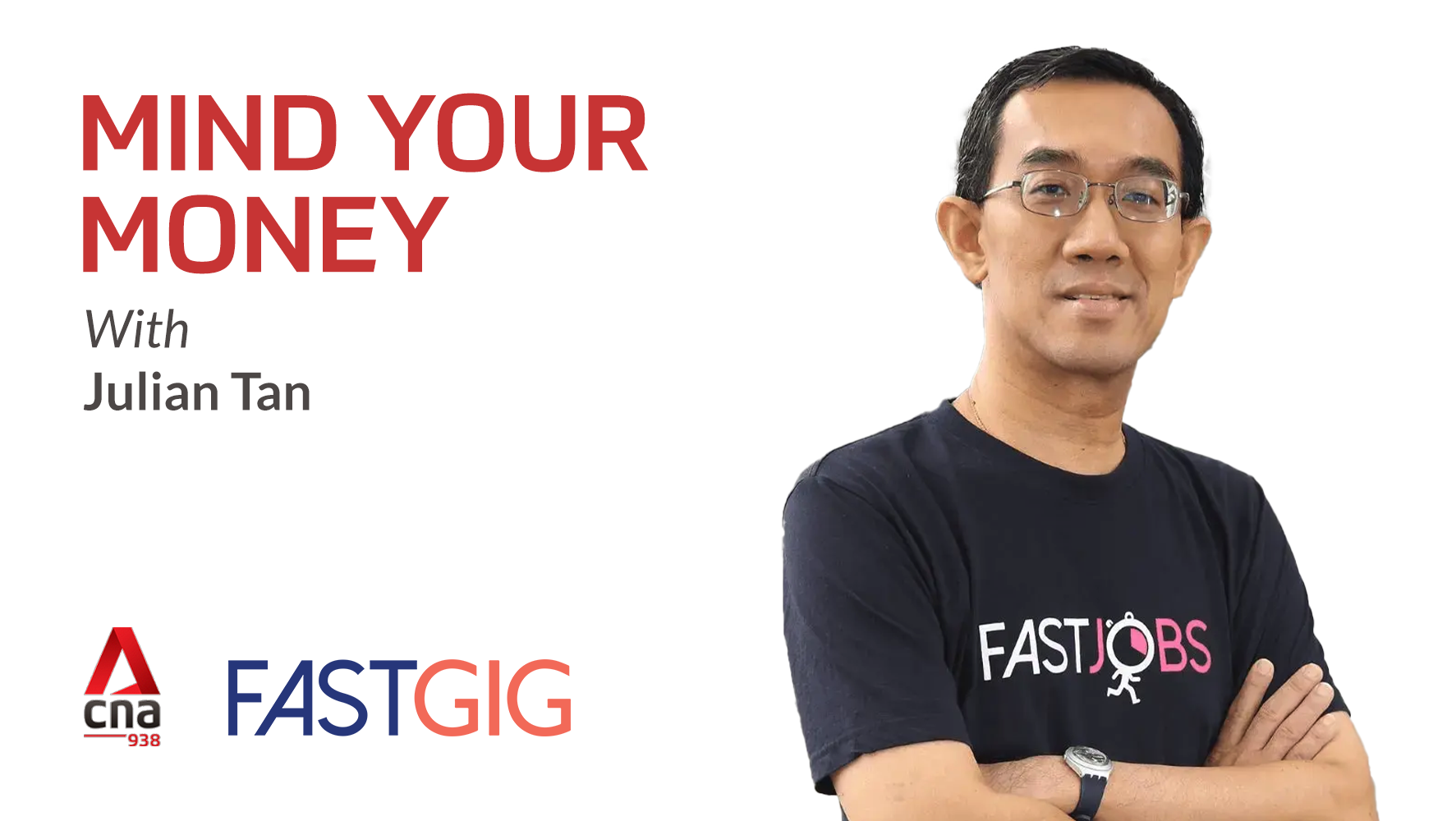In today’s competitive job market, the intersection of candidate experience and employer branding is increasingly pivotal.
Our previous article on candidate experience highlighted how the quality of interactions throughout the recruitment process can profoundly influence job seekers' perceptions. This experience is not just about making a good impression—it's a critical component of how a company’s brand is perceived. This current article delves into employer branding, showing how the investment in superior candidate experiences directly contributes to a stronger, more appealing employer brand.
By understanding and implementing strategies that enhance candidate interactions, companies can not only attract top talent but also build a compelling employer brand that resonates throughout the job market. Together, these insights provide a comprehensive approach to creating a robust and attractive employer identity
Employer branding is the reputation a company has as an employer among its workforce and potential candidates. It encompasses how an organisation markets itself to both internal and external talent pools, creating a compelling company story that attracts and retains top professionals.
Investing in employer branding can yield significant benefits:
To develop a robust employer branding strategy, companies should:
By focusing on these aspects, organisations can create a powerful employer brand that resonates with both current and potential employees, fostering a positive work environment and driving business success.
In today's competitive job market, employer branding is crucial for attracting and retaining top talent. A strong employer brand distinguishes your company from competitors and enhances its appeal to potential employees. As highlighted in our previous discussion, approximately 80% of talent managers recognise the significant impact of employer branding on recruitment. Your employer brand reflects your company's culture, values, and reputation, shaping how current and prospective employees perceive your workplace. A compelling brand can lead to increased job acceptance rates, higher employee engagement, and a more harmonious work environment.
Adaptability and resilience have emerged as essential traits for modern workplaces, complementing a strong employer brand. Adaptability involves adjusting strategies and embracing new technologies, while resilience helps employees bounce back from setbacks and maintain a positive outlook. These traits are vital in today's rapidly changing business landscape. Investing in employer branding and fostering adaptability and resilience will align your core values with those of your employees, enhancing overall business performance and ensuring long-term success.
In today's rapidly evolving business landscape, adaptability and resilience have become crucial skills for success. These traits enable employees to effectively manage changes, overcome challenges, and thrive in dynamic environments.
Adaptability is the ability to adjust one's behaviour or strategy in response to changing circumstances. According to Indeed, adaptable employees can:
To enhance your adaptability, consider:
Resilience complements adaptability by enabling individuals to bounce back from setbacks and maintain a positive outlook. Resilient employees are better equipped to:
To build resilience, focus on:
By honing these essential traits, you'll be better prepared to face the challenges of modern workplaces and position yourself as a valuable asset to any organisation.
Your Employer Value Proposition (EVP) is crucial for attracting and retaining top talent in today's competitive job market. A strong EVP can have a significant impact on hiring, with 72% of recruitment leaders highlighting its importance.
To craft an effective EVP that promotes resilience:
Remember, your EVP should be genuine and consistently communicated across all channels. Regularly review and update it to reflect evolving business needs and employee expectations. By focusing on these elements, you'll create an EVP that not only attracts talent but also builds a workforce ready to thrive in challenging times.
In today's dynamic job market, the 4 P's of Employer Branding offer a powerful framework for building an adaptable and compelling employer brand. This approach, adapted from the classic marketing model, focuses on Product, People, Place, and Purpose to create a human-centric strategy that resonates with potential candidates and fosters employee loyalty.
Your 'product' in employer branding refers to the unique experiences, learning opportunities, and career paths your organisation offers. Highlight these aspects to differentiate your company from competitors. For instance, emphasise professional development programmes or innovative projects that showcase your commitment to employee growth.
Encourage your employees to share their experiences and stories. Authentic narratives from your workforce can be more convincing than corporate messaging and provide a genuine glimpse into your company culture. Consider implementing an employee advocacy programme to amplify these voices across various platforms.
Whether you operate in a modern, eco-friendly office or offer a fully remote setup, showcase your work environment. Emphasise the tools, resources, and flexibility you provide to support your employees' work-life balance. This aspect of your employer brand can be particularly appealing to candidates seeking adaptable work arrangements.
Today's workforce is increasingly motivated by purpose-driven work. Clearly articulate your company's mission and vision, and demonstrate how each role contributes to the larger cause. This not only attracts like-minded individuals but also fosters a sense of belonging and commitment among existing employees.
By strategically applying these 4 P's, you can create an employer brand that not only attracts top talent but also adapts to the evolving needs of the workforce. Remember, this should be a dynamic process, reflecting the various stages of the employee journey and addressing the specific challenges and needs of your organisation.
To create a resilient and adaptable employer brand, focus on showcasing your company’s ability to navigate change and embrace innovation. Highlight success stories that demonstrate your team's resilience and develop a clear Employer Value Proposition (EVP) centered on growth, work-life balance, and purpose. Leverage multiple communication channels like social media and employee review sites to share authentic content, and prioritise a positive employee experience by fostering a supportive environment and investing in continuous learning. Regularly measure your employer branding efforts using key performance indicators (KPIs) and refine your strategy based on employee and candidate feedback.
In today's dynamic business landscape, emphasising flexibility and growth in your company culture is crucial for attracting and retaining top talent. A strong, well-communicated culture can provide a significant competitive advantage by positively impacting employee performance, happiness, and engagement. To effectively communicate your company's commitment to flexibility and growth:
Cultivating a growth-oriented culture is essential for long-term success. Encourage open dialogue and empower employees to contribute to the culture's evolution. This approach not only fosters innovation but also demonstrates your company's commitment to continuous improvement. Consider implementing the following strategies:
Flexibility in work arrangements can significantly improve employee satisfaction and loyalty, reducing recruitment and training costs while boosting morale and profits. Communicate your commitment to work-life balance by:
By effectively communicating these aspects of your company culture, you can create an environment that attracts top talent and drives sustainable growth.
To align your recruitment with an adaptability-focused brand, demonstrate flexibility through practices like remote assessments, flexible interview schedules, and innovative evaluation methods.
Emphasise growth opportunities by showcasing upskilling and reskilling programmes, and craft an EVP centered on continuous learning and career advancement. Leverage technology, such as Applicant Tracking Systems (ATS), to streamline hiring and ensure brand consistency. Finally, communicate transparency by sharing authentic employee stories that highlight adaptability and resilience, providing candidates with genuine insights into your company's culture.
Maintaining a cohesive visual identity is key to building a recognisable employer brand. Use a consistent logo, colour palette, and typography that reflect your company’s culture and values. Experts agree that consistent messaging across communication channels strengthens your brand’s impact.
Additionally, adopting an integrated cross-channel approach ensures maximum visibility by showcasing your unique selling points across your website, social media, and job postings. This unified brand experience helps set your company apart and creates a strong impression on potential candidates.
To measure the effectiveness of a resilient employer brand, start with quantitative metrics like application rates, time-to-hire, and retention rates. Studies show companies with strong employer brands experience a 50% reduction in cost-per-hire and a 28% drop in turnover rates. These KPIs provide a clear view of your brand’s influence on hiring and retention.
Alongside data, gather qualitative feedback through employee surveys and exit interviews to assess how well your brand's focus on adaptability resonates internally. Additionally, track your online presence by monitoring social media engagement, website traffic, and reviews on platforms like Glassdoor to understand public perception and brand impact.
In today's competitive job market, building a strong employer brand is key to attracting and retaining top talent. Leveraging AI-powered platforms and social media, such as TikTok, can streamline hiring processes and reach younger, untapped talent pools. Additionally, showcasing company culture and values helps attract purpose-driven candidates who align with your organisation's mission.
Expanding your talent pool through non-traditional channels like niche forums and talent communities, and embracing remote or hybrid work options, further strengthens your ability to secure skilled professionals. By focusing on innovation and culture, companies can overcome talent shortages and enhance their employer brand.
During times of crisis, managing your employer brand is essential. Transparency and empathy in communication are key—address employee concerns proactively and update your website and job descriptions to reflect how your company is handling the situation. Staying authentic and consistent in communication with employees and stakeholders helps manage expectations and maintain trust.
Adapting recruitment practices is also crucial. Inform candidates about changes in the hiring process and use technology to streamline recruitment. Prioritising employee well-being through support services, extended leave, and training programmes can strengthen your brand, as how you treat employees during crises defines your company's reputation long-term.
Employee branding turns your workforce into passionate advocates for your company's values, vision, and mission, focusing on building internal brand champions, unlike employer branding, which targets external perception. The benefits of strong employee branding include increased engagement, a larger talent pool, reduced cost-per-hire, lower turnover, and a stronger online presence, as employees serve as authentic voices for your brand.
Encourage employees to share branded content on their social media channels, particularly professional platforms like LinkedIn. Provide them with easy-to-use brand management tools to create on-brand content without compromising consistency.
To build a resilient employer brand, it's essential to integrate adaptability into both your candidate experience and onboarding processes. In today’s dynamic job market, flexibility is key to attracting top talent. Enhance your recruitment process by offering mobile-responsive career pages, streamlined application forms, and pre-employment skills testing to improve accessibility and efficiency. Accommodate candidates' needs during interviews by providing flexible scheduling and virtual options, reflecting your organisation’s ability to adapt to changing circumstances. Similarly, create an adaptive onboarding experience that fosters engagement through preboarding activities, such as sending company swag and schedules to new hires. Incorporate a buddy system to help newcomers acclimate and gradually introduce responsibilities, with regular check-ins to support a smooth transition. By adopting these adaptable practices, you reinforce your employer brand as one that values resilience and flexibility in a constantly evolving environment.
Building an employer brand focused on adaptability and resilience is crucial in today's dynamic job market.
By emphasising these qualities, companies can attract top talent and foster a workforce ready to tackle future challenges. Remember, a strong employer brand is not just about attracting new talent—it's about creating a workplace culture that values growth, flexibility, and innovation. As you implement these strategies, continually assess and refine your approach to ensure your employer brand remains relevant and compelling.
Ready to enhance your employer brand and find the right talent FAST? Start your free trial with FastJobs today and revolutionise your recruitment process.

In Singapore’s job market, portals offer fast access while agencies provide tailored matchmaking.
Read more
FastGig helps solve manpower shortages by offering flexible gig work for businesses and individuals in SG.
Read more
What matters more? Skills and experience or an employee's school qualifications? Get insights on how Singapore employers strike a balance between both when hiring.
Read more